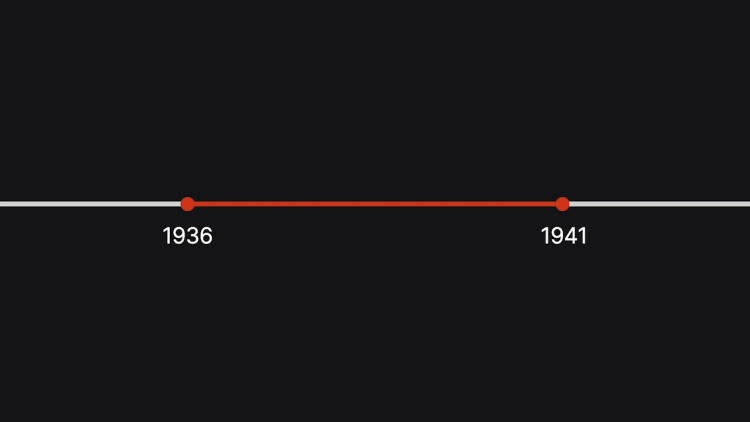Overton v. Commissioner
United States Court of Appeals for the Second Circuit
162 F.2d 155 (1947)

- Written by Sara Rhee, JD
Facts
In 1936, an amendment was made to the certificate of incorporation for Castle & Overton, Inc. (Castle). The amendment created 1,000 shares in addition to Castle’s already existing 1,000 shares. One thousand shares were designated as Class A stock and the other 1,000 were designated as Class B stock. The original shareholders held Class A stock but transferred the Class B stock to their wives. Class B stock was restricted to having no more than a one dollar value per share. Dividends of up to $10 per share were to be paid to Class A shareholders. Any dividends in excess of $10 per share were to be shared, with Class A shareholders receiving one-fifth of the excess and Class B shareholders receiving four-fifths. From 1936–1941, dividends paid to Class B shareholders amounted to $150.40 per share and dividends paid to Class A shareholders amounted to $77.60 per share. Because Class B stock was limited to $1,000 of corporate assets, the large amount of dividends received by Class B shareholders primarily accrued from the assets represented by Class A stock. The Commissioner (defendant) determined that Overton and Oliphant (plaintiffs), who both held Class A Castle stock, were liable for the dividends received by their wives, who held Class B Castle stock. The Tax Court held that the dividends received by the wives were, for tax purposes, income to Overton and Oliphant.
Rule of Law
Issue
Holding and Reasoning (Swan, J.)
What to do next…
Here's why 907,000 law students have relied on our case briefs:
- Written by law professors and practitioners, not other law students. 47,100 briefs, keyed to 996 casebooks. Top-notch customer support.
- The right amount of information, includes the facts, issues, rule of law, holding and reasoning, and any concurrences and dissents.
- Access in your classes, works on your mobile and tablet. Massive library of related video lessons and high quality multiple-choice questions.
- Easy to use, uniform format for every case brief. Written in plain English, not in legalese. Our briefs summarize and simplify; they don’t just repeat the court’s language.





